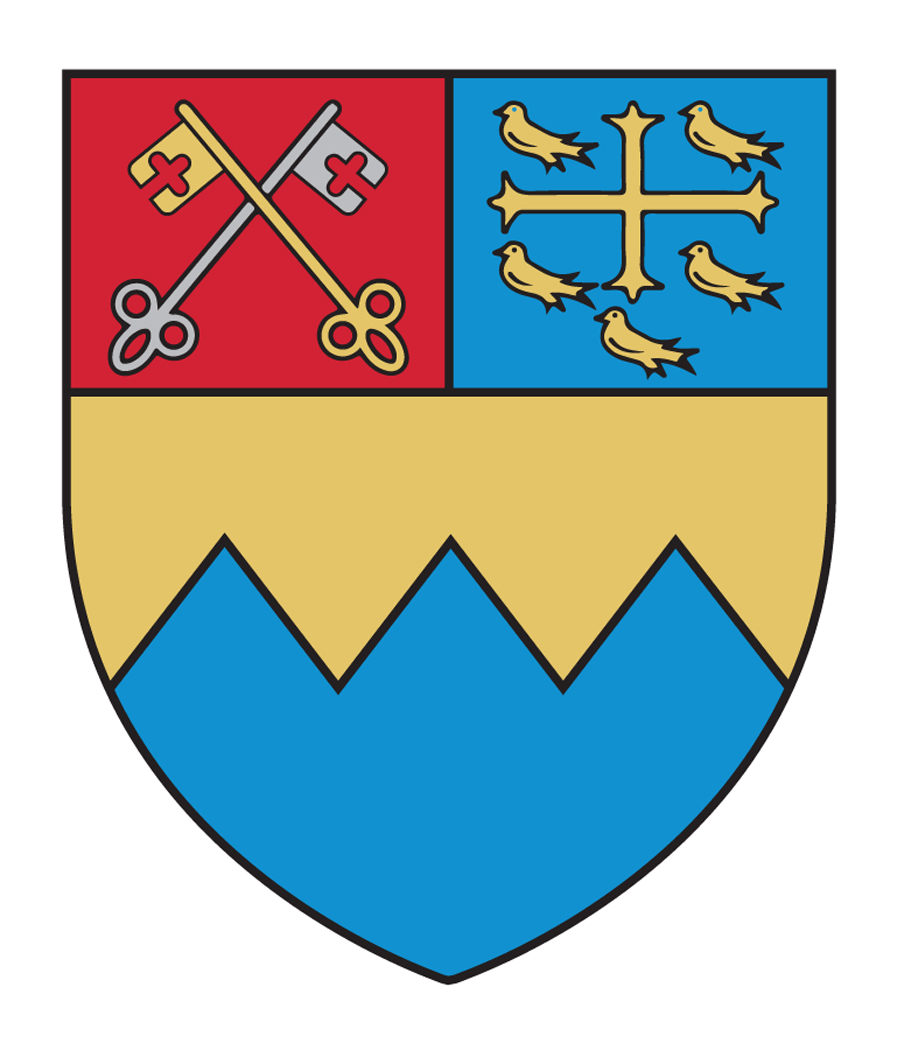
Please see below Fr Edward's Home Retreat for Saturday 12th September. A pdf download is available at the bottom of the page. Alternatively, click here to view on our YouTube channel.
Some time ago my attention was drawn by Ronald Blythe the well known East Anglian writer. ‘Christ’ he wrote’ s the teacher of dayliness’. In the Our Father we pray ‘give us this day our daily bread’. Jean Pierre de Caussard the eighteenth century Jesuit coined the phrase ‘the sacrament of the present moment’ and so on…
There is a temptation for us either to look backwards over our lives or to look forwards and so not to live fully in the present. Perhaps we can be weighed down by our past failures, or be apprehensive of future problems, or both, instead of living fully in the present. I remember Mary McAlease the Irish President giving a talk which she entitled ‘Unlearning the Past’, in which she said that the Irish can often by shackled and burdened by their past so that they cannot live fully in the present, and the same could be said by the Slavic people in the Balkans. Can we be burdened by our past? Judas was and couldn’t ask for Jesus’s forgiveness, whereas Peter wept at his denial of Jesus and became head of the Church. Of course we must learn from our mistakes but we must not be burdened by them. St Augustine could have been paralysed by his licentious past, but he grew precisely because his trust shifted from himself to trusting in God’s grace. It is no mere coincidence that the finest writings on God’s saving grace are to by found in he writings of S Augustine. As Cardinal Basil Hume was wont to say: ‘every saint has a past, every sinner a future’.
So what about the future? Well, the future is the subject of the great virtue of hope, but not of worry. As Jesus reminds us in that wonderful passage in St Matthew’s Gospel: ‘consider the lilies of the field, how they grow; they do not toil or spin; yet I tell you, even Solomon in all his glory was not arrayed like one of these…therefore do not be anxious about tomorrow….let the day’s own troubles be sufficient for the day’ (Mathew 6:28-34)
So we return to the present. As Jean Pierre de Caussard pointed out we always meet God in the present moment (what he called ’The Sacrament of the Present Moment’), God here and now with us, where every moment is sacred. The words spoken by Jesus which form the last sentence in St Matthew’s Gospel are: ‘and know that I am with you always, yes, to the end of time (Matthew 21:20).
God became man to be with us, to share his life with us. Emmanual ‘God with us’, that is the essence of the Incarnation. There are two false visions of God. First, the sentimental, devotional God, who blesses us and says that everything will be all right. If you want to be with me you will be rich, have no pain, etc…’ Secondly, there is the God of fear, the lawyer God sending down rigid laws and commandments, seeking to punish us when we offend, etc. But the true God revealed by Jesus in the Gospels is one who undermines the fortress built on fear, one who shares his life with us in our poverty and pain, one who comes to touch our hearts in the deepest craving of our being, and who says ‘follow me, do not be afraid’. Jesus shares our humanity. It is that simple fact which prompted St Charles de Foucauld’s remark, ’it is more important to be human than religious’; truly human, because of the sacredness of our humanity and of the world. There can so easily develop a ‘dualism’ in the way we lead our lives in the way we see some things as sacred and others as secular. No, God became man, and that is the starting point of theology. As St Augustine said: ‘make humanity your goal and you will find your way to God’. God delights to be worshipped in the way we treat each other, listen to each other, forgive each other, and in the way we delight in his creation. St Augustine sees in nature the ‘vestigia Dei’. The footprints of God


